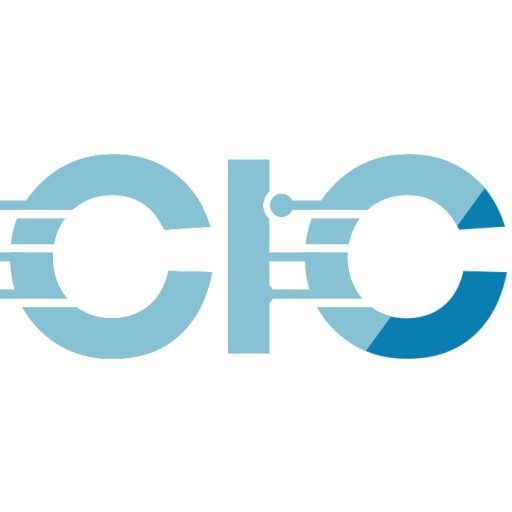Unveiling Dark Secrets: Automakers and Battery Makers Accused of Child Labor in Cobalt Sourcing
Introduction
The growing electric vehicle (EV) market, heralded as a significant step toward reducing carbon emissions and combating climate change, has been overshadowed by ethical concerns regarding the sourcing of cobalt. A key component in lithium-ion batteries, cobalt is predominantly mined in the Democratic Republic of Congo (DRC), where reports and investigations have revealed shocking instances of child labor and inhumane working conditions.
The Cobalt Supply Chain
Cobalt is essential for the production of rechargeable batteries used in various electronic devices, including smartphones and electric vehicles. Approximately 70% of the world's cobalt supply comes from the DRC, where artisanal mining—often unregulated and dangerous—is prevalent. Reports indicate that children are frequently employed in these mines, working in hazardous conditions for meager wages.
Major Accusations
Several automakers and battery manufacturers have come under fire for their involvement in the cobalt supply chain. Investigations by non-governmental organizations, media outlets, and various human rights groups have unveiled troubling practices regarding how these companies source their cobalt.
-
Automakers Involved: Major players, including Tesla, General Motors, and BMW, have faced scrutiny over their cobalt sourcing practices. While these companies have publicly pledged to eliminate child labor and improve supply chain transparency, allegations persist that their batteries may still contain cobalt sourced from mines where child labor is prevalent.
- Battery Manufacturers: Leading battery suppliers, including LG Chem and CATL, have also been implicated. Reports suggest that these companies may not have robust systems in place to trace the origins of their cobalt, allowing for opaque sourcing practices that perpetuate child labor.
The Impact of Child Labor
The exploitation of child labor in cobalt mining not only affects the children involved but also has far-reaching implications for the global supply chain. Children, some as young as six, are subjected to long hours of grueling work, often exposed to dangerous conditions that can lead to severe health issues, including respiratory problems from dust inhalation and physical injuries from mining activities.
Industry Response and Responsibility
In light of the allegations, automakers and battery makers are being called to action. Many companies have initiated programs aimed at responsible sourcing and improving conditions in the DRC. However, critics argue that these efforts are often insufficient and lack the transparency necessary to ensure meaningful change.
-
Certification Schemes: Some automakers are exploring certification programs aimed at ensuring ethical sourcing of minerals. However, the implementation of such schemes can be inconsistent, and there are concerns about the efficacy of audits performed in the region.
- Investing in Communities: Initiatives that focus on community development, education, and alternative livelihoods for families in mining regions are crucial. By addressing the root causes of child labor, companies can play a significant role in fostering long-term solutions.
Consumer Awareness and Ethical Choices
Consumers are increasingly seeking transparency and ethical practices from companies they support. The demand for ethically sourced products is growing, prompting many companies to adopt more rigorous supply chain practices. By choosing brands that prioritize ethical sourcing, consumers can help drive change in the industry.
Conclusion
The allegations against automakers and battery makers regarding the use of cobalt sourced through child labor underscore the complex ethical challenges of the EV transition. As the industry evolves, it is imperative for companies to strengthen their commitments to ethical sourcing and invest in the communities affected by cobalt mining. Only through collective responsibility can we hope to eliminate child labor and ensure a sustainable future for all.


